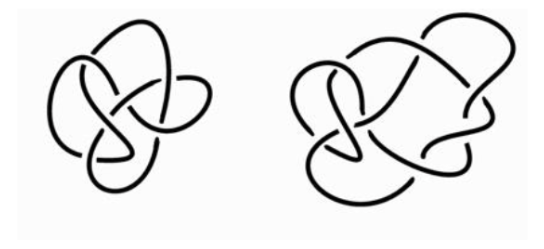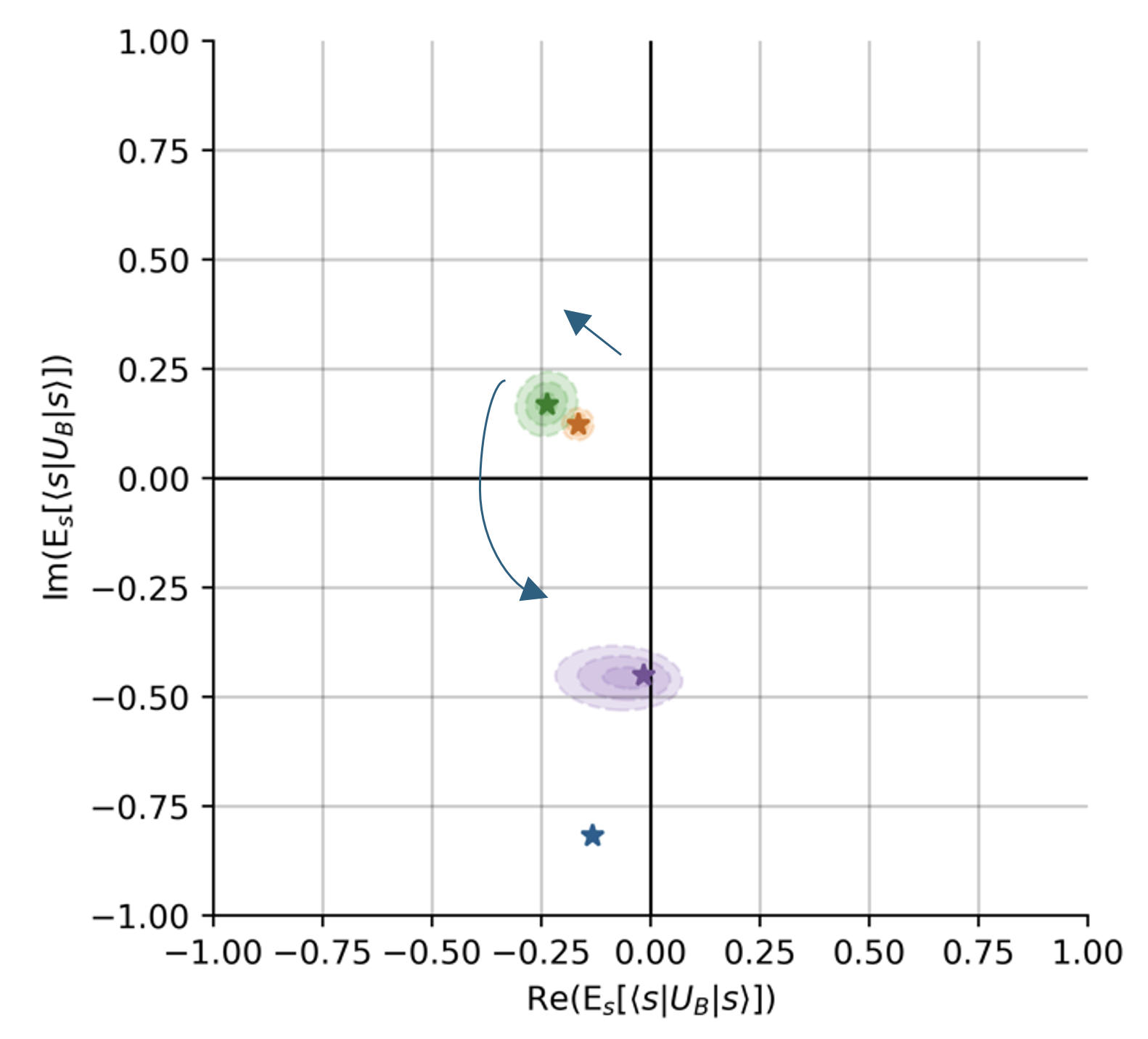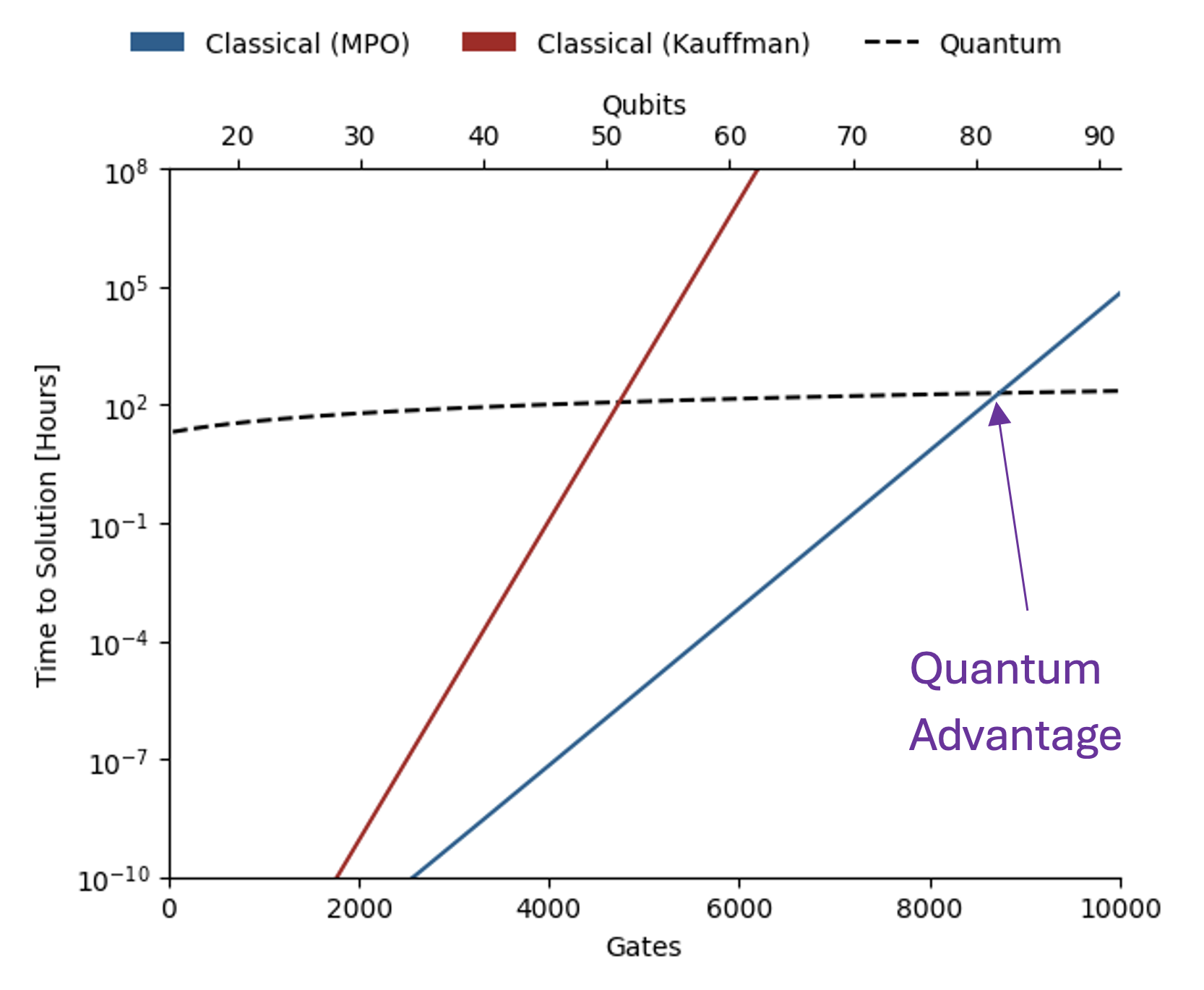Few things are more important to the smooth functioning of our digital economies than trustworthy security. From finance to healthcare, from government to defense, quantum computers provide a means of building trust in a secure future.
Quantinuum and its partners JPMorganChase, Oak Ridge National Laboratory, Argonne National Laboratory and the University of Texas used quantum computers to solve a known industry challenge, generating the “random seeds” that are essential for the cryptography behind all types of secure communication. As our partner and collaborator, JPMorganChase explain in this blog post that true randomness is a scarce and valuable commodity.
This year, Quantinuum will introduce a new product based on this development that has long been anticipated, but until now thought to be some years away from reality.
It represents a major milestone for quantum computing that will reshape commercial technology and cybersecurity: Solving a critical industry challenge by successfully generating certifiable randomness.
Building on the extraordinary computational capabilities of Quantinuum’s H2 System – the highest-performing quantum computer in the world – our team has implemented a groundbreaking approach that is ready-made for industrial adoption. Nature today reported the results of a proof of concept with JPMorganChase, Oak Ridge National Laboratory, Argonne National Laboratory, and the University of Texas alongside Quantinuum. It lays out a new quantum path to enhanced security that can provide early benefits for applications in cryptography, fairness, and privacy.
By harnessing the powerful properties of quantum mechanics, we’ve shown how to generate the truly random seeds critical to secure electronic communication, establishing a practical use-case that was unattainable before the fidelity and scalability of the H2 quantum computer made it reliable. So reliable, in fact, that it is now possible to turn this into a commercial product.
Quantinuum will integrate quantum-generated certifiable randomness into our commercial portfolio later this year. Alongside Generative Quantum AI and our upcoming Helios system – capable of tackling problems a trillion times more computationally complex than H2 – Quantinuum is further cementing its leadership in the rapidly-advancing quantum computing industry.
This Matters Because Cybersecurity Matters
Cryptographic security, a bedrock of the modern economy, relies on two essential ingredients: standardized algorithms and reliable sources of randomness – the stronger the better. Non-deterministic physical processes, such as those governed by quantum mechanics, are ideal sources of randomness, offering near-total unpredictability and therefore, the highest cryptographic protection. Google, when it originally announced it had achieved quantum supremacy, speculated on the possibility of using the random circuit sampling (RCS) protocol for the commercial production of certifiable random numbers. RCS has been used ever since to demonstrate the performance of quantum computers, including a milestone achievement in June 2024 by Quantinuum and JPMorganChase, demonstrating their first quantum computer to defy classical simulation. More recently RCS was used again by Google for the launch of its Willow processor.
In today’s announcement, our joint team used the world’s highest-performing quantum and classical computers to generate certified randomness via RCS. The work was based on advanced research by Shih-Han Hung and Scott Aaronson of the University of Texas at Austin, who are co-authors on today’s paper.
Following a string of major advances in 2024 – solving the scaling challenge, breaking new records for reliability in partnership with Microsoft, and unveiling a hardware roadmap, today proves how quantum technology is capable of creating tangible business value beyond what is available with classical supercomputers alone.
What follows is intended as a non-technical explainer of the results in today’s Nature paper.
Certified Randomness: The First Commercial Application for Quantum Computers
For security sensitive applications, classical random number generation is unsuitable because it is not fundamentally random and there is a risk it can be “cracked”. The holy grail is randomness whose source is truly unpredictable, and Nature provides just the solution: quantum mechanics. Randomness is built into the bones of quantum mechanics, where determinism is thrown out the door and outcomes can be true coin flips.
At Quantinuum, we have a strong track record in developing methods for generating certifiable randomness using a quantum computer. In 2021, we introduced Quantum Origin to the market, as a quantum-generated source of entropy targeted at hardening classically-generated encryption keys, using well known quantum technologies that prior to that it had not been possible to use.
In their theory paper, “Certified Randomness from Quantum Supremacy”, Hung and Aaronson ask the question: is it possible to repurpose RCS, and use it to build an application that moves beyond quantum technologies and takes advantage of the power of a quantum computer running quantum circuits?
This was the inspiration for the collaboration team led by JPMorganChase and Quantinuum to draw up plans to execute the proposal using real-world technology. Here’s how it worked:
- The team sent random circuits to Quantinuum’s H2, the world’s highest performing commercially available quantum computer.
- The quantum computer executed each circuit and returned the corresponding sample. The response times were remarkably short, and it could be proven that the circuits could not have been simulated classically within those times, even using the best-known techniques on computing resources greater than those available in the world’s most powerful classical supercomputer.
- The randomness of the returned sample was mathematically certified using Frontier, the world’s most powerful classical supercomputer, establishing it achieved a “passing threshold” on a measure known as the “cross-entropy benchmark”. The better your quantum computer, the higher you can set the “passing threshold”. When the threshold is sufficiently high, "spoofing" the cross-entropy benchmark using only classical methods becomes inefficient.
- Therefore, if the samples are returned quickly and meet the high threshold, the team could be confident that they were generated by a quantum computer – and thus be truly random.
This confirmed that Quantinuum’s quantum computer is not only incapable of being matched by classical computers but can also be used reliably to produce a certifiably random seed from a quantum computer without the need to build your own device, or even trust the device you are accessing.
Looking ahead
The use of randomness in critical cybersecurity environments will gravitate towards quantum resources, as the security demands of end users grows in the face of ongoing cyber threats.
The era of quantum utility offers the promise of radical new approaches to solving substantial and hard problems for businesses and governments.
Quantinuum’s H2 has now demonstrated practical value for cybersecurity vendors and customers alike, where non-deterministic sources of encryption may in time be overtaken by nature’s own source of randomness.
In 2025, we will launch our Helios device, capable of supporting at least 50 high-fidelity logical qubits – and further extending our lead in the quantum computing sector. We thus continue our track record of disclosing our objectives and then meeting or surpassing them. This commitment is essential, as it generates faith and conviction among our partners and collaborators, that empirical results such as those reported today can lead to successful commercial applications.
Helios, which is already in its late testing phase, ahead of being commercially available later this year, brings higher fidelity, greater scale, and greater reliability. It promises to bring a wider set of hybrid quantum-supercomputing opportunities to our customers – making quantum computing more valuable and more accessible than ever before.
And in 2025 we look forward to adding yet another product, building out our cybersecurity portfolio with a quantum source of certifiably random seeds for a wide range of customers who require this foundational element to protect their businesses and organizations.







